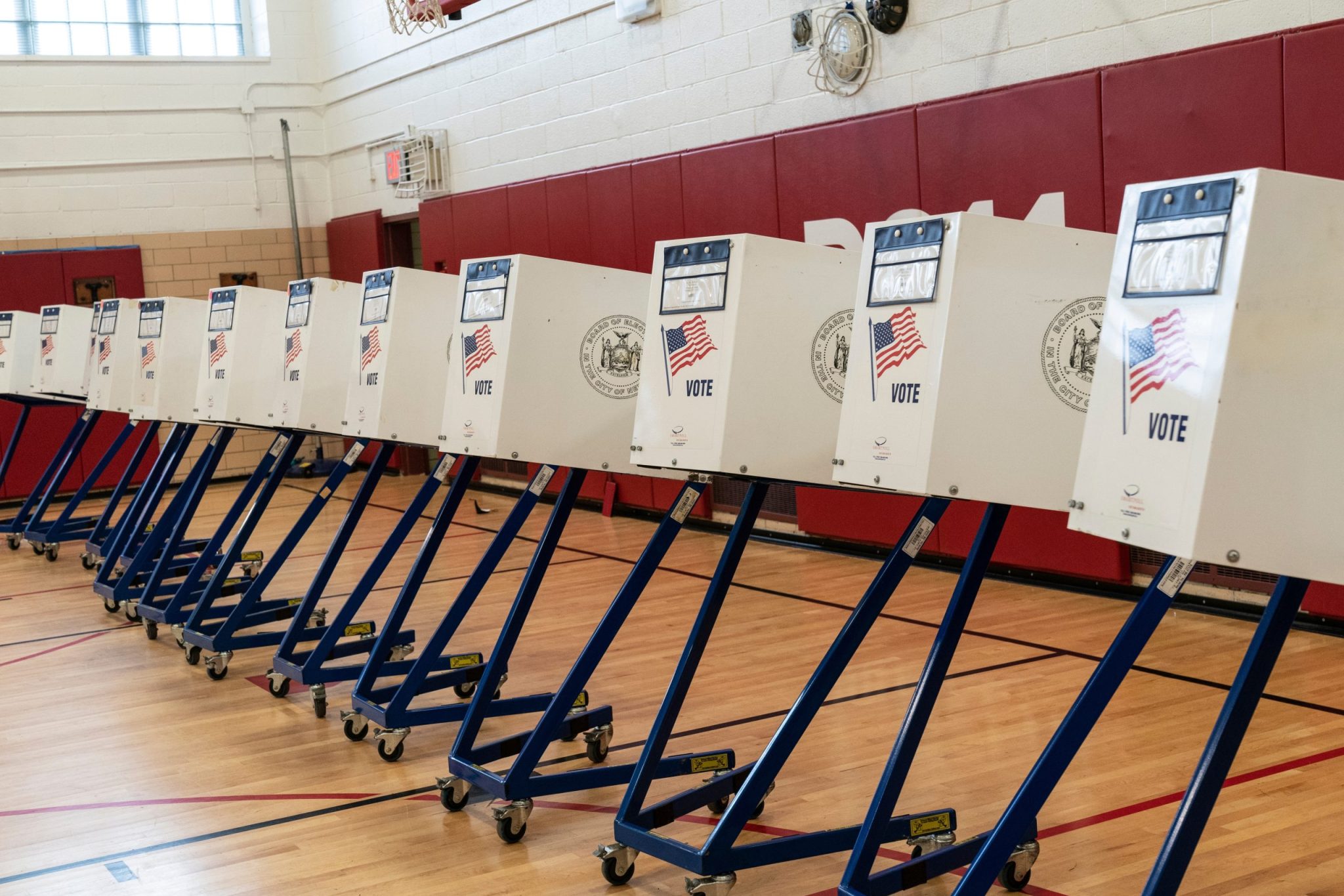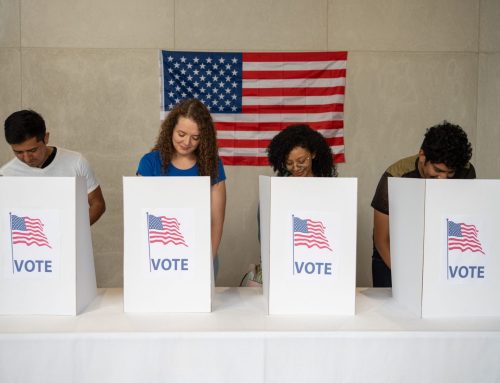Since 2020, states have introduced hundreds of laws based on false claims of widespread election fraud. Election officials—who played an integral role in carrying out a safe and secure election that year—have been quitting in large numbers due to continued threats and harassment stemming from these same election lies. This combination creates a potentially fraught scenario for 2024: A new cohort of election officials will be serving in their first election, likely resulting in more mistakes, any of which can be weaponized to feed into false claims of stolen elections.
In a new report, David Levine, senior elections integrity fellow at the Alliance for Securing Democracy (ASD) at GMF and a former election official, and Krystyna Sikora, a program assistant at ASD at GMF, explain how election officials can learn from past mistakes to prevent any future mistakes from being weaponized in 2024.
The authors examine errors made in three pivotal counties in 2020 and 2022 and how those mistakes were subsequently weaponized in baseless lawsuits, social media disinformation, election interference legislation, and, in one case, the January 6th Capitol riot.
- In Antrim County, Michigan, election officials misreported results due to a technical error. Even though this mistake was quickly caught, it served as the basis for a swirl of conspiracy theories about Dominion voting machines, which were used to incite the January 6th riot.
- In Harris County, Texas ballot shortages, long lines, and paper jams led to a series of lawsuits that aimed to overturn the election, even though multiple investigations found that the Election Day issues did not alter the outcome of the vote.
- In Maricopa County, Arizona, vote counting machines initially couldn’t count some ballots because the toner was not dark enough. This created a backdrop for widespread disinformation, a lawsuit, and a misguided legislative proposal.
In a voting system as complicated as the United States’, mistakes are bound to happen, but they are not a sign of malfeasance. If and when mistakes occur, election officials must be ready to respond immediately to prevent further erosion of trust in US elections. The authors offer recommendations for state and local officials to prevent similar mistakes from happening and to respond if they do, including:
- Increasing nonpartisan election observation
- Extending vote counting timelines
- Expanding the use of post-election audits nationwide
Read Countering the Weaponization of Election Administration Mistakes here: https://securingdemocracy.gmfus.org/weaponization-election-mistakes/
The views expressed in GMF publications and commentary are the views of the author alone.





